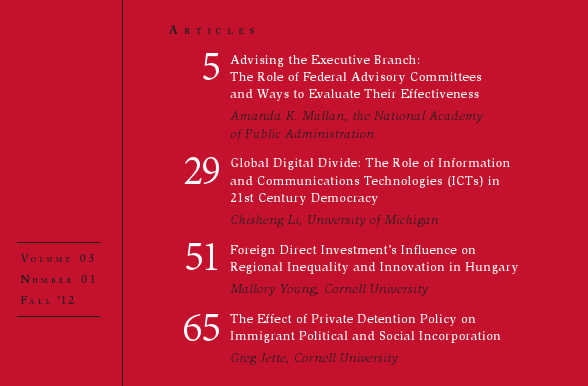Ebola virus, image courtesy of Wikimedia Commons
The other day I sat in the back of a third grade classroom as my colleague gave a presentation on the Dogon people. Most elementary students are overwhelmed and amazed when being exposed to art and artifacts from other cultures and countries. They love the comparisons and similarities between their own lives and those of young children in Mali. After three years of working with third graders and African art, I have heard strange and shocking things — but this time there was fear. A child responded to photos of contemporary life in Mali with, “I don’t want to go there. They all have bugs and they will all die.” The scared student, of course, meant from Ebola. Since this outbreak, West Africa, and perhaps the whole of Africa, has been transformed into a singular identity of unhygienic illness.
Unfortunately, this conversation sums up the media rhetoric on Ebola – bordering prejudicial ignorance and racism. The fear of “the other” has been enhanced and handed down to our children. I wonder: if Ebola were in Germany or Italy, would we condemn all of Europe, too? Crucifying an entire continent because three of its 53 countries are struggling with an infectious disease is incredibly offensive.
This week, two children from New Jersey were pushed into quarantine because of community unrest after their immigration from Rwanda. A nurse sent home information to their classmates that she would take their temperature three times a day — even though in their home country they were over 2,700 miles from the nearest Ebola case, more than the distance from Berkeley, California to Montreal, Canada. As if it isn’t hard enough to move to another country and start a new school immersed in a different culture, their school district and their community now fear these students.
The school superintendent has since made a statement regretting the media attention and statements made by the school, but the damage has been done and the children remain out of school. As an educator, I cannot contain my outrage at keeping kids away from education because of xenophobic and racially charged ignorance. Worse, in my role as an epidemiologist and public health professional, I am saddened by the state of our country’s relationship with science and health. A day after a Dallas nurse flew from Cleveland to her home, some Ohio and Texas schools closed their doors. At the same time, parents in Mississippi pulled their children out of middle school after its principal traveled back from Zambia (over 3,000 miles from Guinea). A Yale Public Health student was similarly forced into quarantine because of unrest in New Haven, and when a physician in New York City went to the hospital after spiking a fever, New York, New Jersey, Connecticut, and Illinois created policies to isolate health personnel. To me, the hysteria shows only how we have politicized science.
Ebola is a crisis that needs our empathy, money, resources, and support, but not our hysteria. The Centers for Disease Control’s (CDC) budget for public health preparedness in 2013 was $1 billion less than its budget in 2002. It is certainly possible that if the CDC’s budget had been increased instead of cut an Ebola vaccine could be rolled out right now. When the US government has to rely on private companies to be incentivized to produce a vaccine, it is likely that a disease affecting rural Western Africa will not be a top priority.
I applaud how the Obama Administration promised funding this month for Ebola, but the medical personnel quarantines enacted this week in New York, New Jersey, and Connecticut are three giant leaps backwards. Overreaction is exactly what is not needed. Cases will continue to crop up in the United States and all over the world; that’s just a fact. The only real way to prevent another case in the US is to put resources on the ground in Guinea, Sierra Leone, and Liberia. We have demonstrated through every outbreak — HIV/AIDS, tuberculosis, the flu, polio, measles, mumps, and even heart disease — that the only solution is prevention. Prevention comes about by reducing stigma for people who are sick or may become sick, replacing it with education about how the disease is actually spread, and cutting off the exposure. Overriding medical professionals with unjust quarantines or ignoring the best practices in making policy will not stop the Ebola epidemic.
Travel bans, media stigma, the spread of incorrect information, and the quarantining of health care personnel are increasing the barriers to monitoring and treating the disease. Funds are being raised, but financial resources won’t help without someone to utilize them. Are we going to waste them on quarantining doctors for 21 days? The average latency period from infection to symptoms is only 8 days. Who will treat the American public if so many doctors and nurses are in quarantine? In order to truly prevent the spread of Ebola, thousands of health care workers are needed on the ground. These people are fighting and dying on the front lines. Hospitals are losing their health care workers. Nurses are working 12-hour days for weeks at a time, saving lives, and are faced with stigma for healing people with Ebola both at home and abroad. The last thing we should do is deter these heroes from saving lives and preventing the spread of this disease.
Fear of “the other” as an excuse to quarantine medical personnel, families, or children is unacceptable. An avoidance of science and evidence-based policy is unacceptable. The quarantines and xenophobia need to end now so we can all go forward in fighting this disease together.

